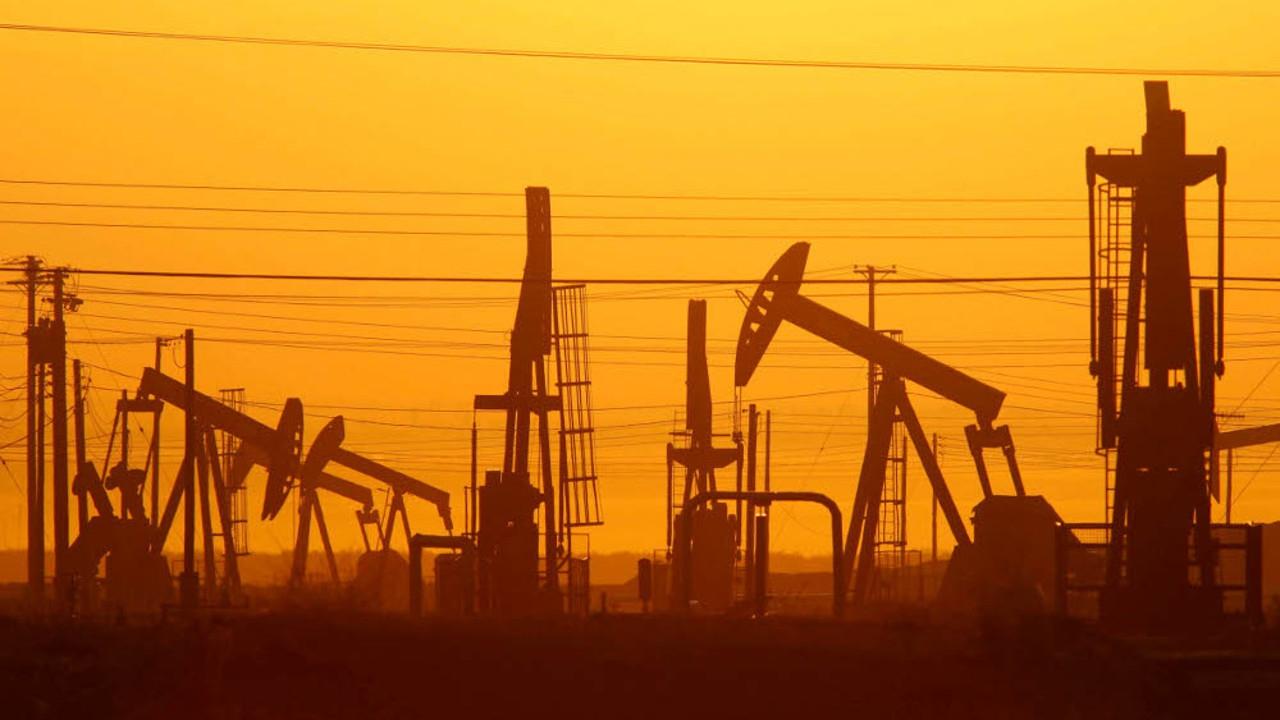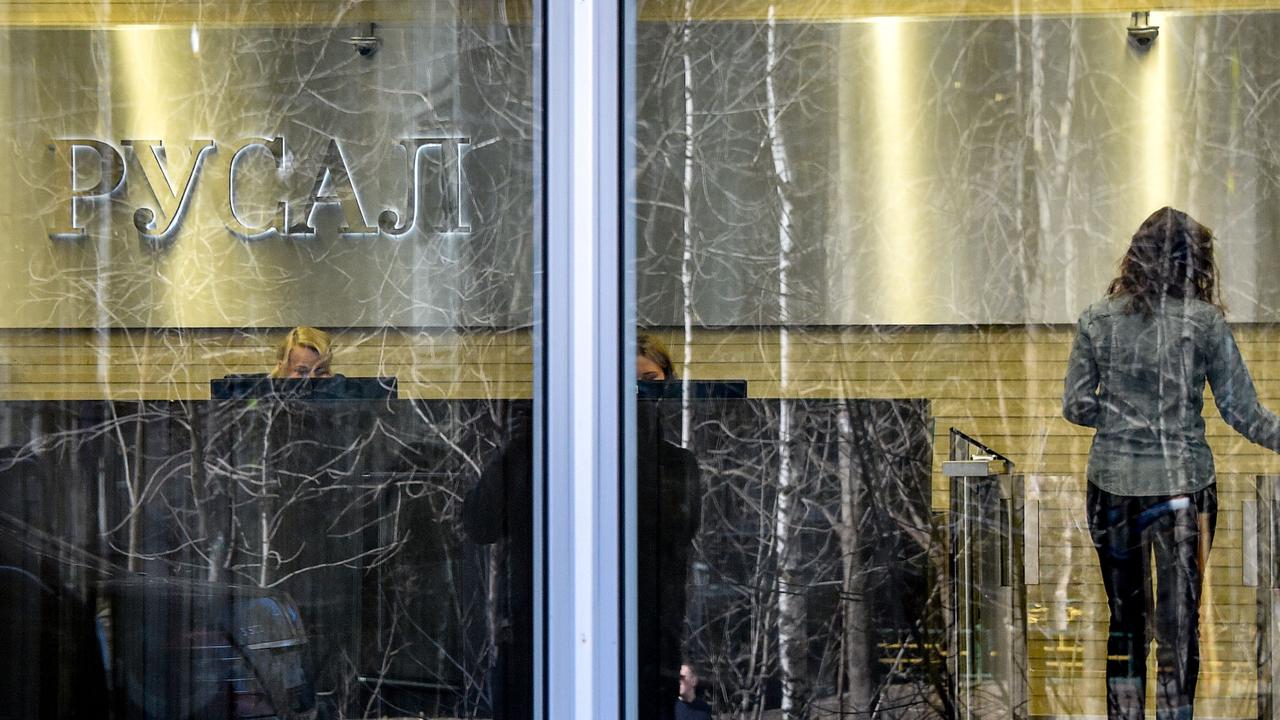Trump’s Dodd-Frank demolition threatens to undo post-GFC protections
Given the centrality of Wall St, any dismantling of Dodd-Frank risks a global unwinding of post-GFC protections.

‘’We’re going to be doing a big number on Dodd-Frank,’’ Trump said yesterday, referring to the sprawling legislation enacted after the crisis and which covers everything from increased capital levels for the big banks, to resolution regimes for failing institutions, to regular and stringent stress-testing and consumer protections.
‘’The American Dream is back,’’ he said.
As has generally been the case with Trump policy announcements post-election, there wasn’t any detail in Trump’s statement, other than his opinion that the Dodd-Frank Act was a ‘’disaster’’ which had made it ‘’almost impossible now to start and small business and its virtually impossible to expand your existing business.’’
That’s despite the growth in commercial lending from $US1.2 trillion to $US2.1 trillion since the legislation was enacted, although the rate of growth in lending to small business has been significantly lower than the overall rate. Whether that’s a function of the legislation or subdued demand from smaller enterprises isn’t clear.
What is clear is that Trump, whose administration is studded with former Goldman Sachs executives, including his Treasury Secretary Steve Mnuchin, is seen as a major positive for the Wall St banks.
Between them the biggest of the US banks — Goldman Sachs, JP Morgan Chase, Citibank, Bank of America Merrill Lynch and Morgan Stanley — have added about $US187 billion of market capitalisation since the election. Goldman’s shares are up about 29 per cent, JP Morgan’s about 26 per cent, Citi’s about 18 per cent, Bank of America’s 35 per cent and Morgan Stanley’s 26 per cent.
While some of that would be related to the sugar hit to the US economy from Trump’s taxation policies and the prospect of fiscal stimulus, the deregulation of the banks is inevitably a major influence.
The Congressional Republicans have long made it clear they want to tear up Dodd-Frank, arguing that the onerous and costly stress tests, limits on proprietary trading and the consumer protections overseen by the Consumer Financial Protection Bureau have strangled the supply of credit and inhibited growth in the US economy.
The “Volker Rule,” which prohibits principal trading, is seen as having reduced the potential liquidity available to markets in times of stress, while some Republicans have argued that mandatory and centralised clearing of derivatives has created new “too big to fail” institutions.
Since the financial crisis and the enactment of the Dodd-Frank legislation, the tier one capital ratios of the largest US banks have risen from less than eight per cent to about 14 per cent.
The legislation’s resolution regime has forced the banks to have a buffer of equity and long-term unsecured debt within their holding companies, distancing any failure from their operating subsidiaries and the taxpayers who had to bail out the banks during the crisis.
The consumer protection agency was created to regulate products to avoid the abuses that were seen to have occurred in mortgage, credit card and personal lending in the lead-up to the crisis.
The extension of regulation to “shadow banks” deemed of systemic importance is also a sore point for some republicans — and some hedge funds and other asset managers.
Given, as we saw and experienced during the financial crisis, problems within the US system can have global repercussions, the issue of how strongly the big US banks with international operations — the banks which have global systemic importance — are regulated is of real consequence to the rest of the world.
The strength of the US response to the crisis, the significant re-regulation of its big banks and the credibility of the measures and the banks’ financial statements, have been a major factor in the outperformance of the US economy relative to the eurozone (where there’s still considerable scepticism about the real state of the banking system) since the crisis.
As the broad sweep of the post-crisis banking legislation is also generally consistent with the thrust of the global regulatory response to the crisis, albeit in some elements somewhat tougher, a divergence in US prudential regulation from the global consensus would also encourage the emerging pushback against the Basel III reforms.
The Europeans have been saying they aren’t prepared to accept any of the final proposed reforms that result in a further significant increase in their capital requirements.
That may be because the banks are already insufficiently capitalised but also because the eurozone banks hold more loans on their balance sheets than their US counterparts, where securitised debt markets are far more developed. That implies they have to be more strongly capitalised relative to the scale of their lending than the US banks, which has implications for their ability to compete with them.
The final leg of the Basel reforms was supposed to be approved by the end of last year but have been deferred to an unspecified date. The delay has been attributed to the unwillingness/inability of the eurozone banking regulators to sign off on measures that would lift capital requirements for banks that would struggle to raise new capital in their current condition.
The Australian Prudential Regulation Authority has held off on finalising its own regulatory capital requirements — most notably the final level of the “floor” under the risk-weightings for loans, and mortgages in particular — pending the final approval of the last tranche of Basel III reforms.
There is a general consensus in the US that there are aspects of Dodd-Frank that are cumbersome and which could be improved, that said, the overall conclusion is that, while costly, it has made the US system safer.
The centrality of the Wall St banks to the global financial system means that the rest of the world has a stake in whatever the final policy on banking regulation in the US might look like.
If deregulation in the US allows and encourages more risk taking by the banks and makes them more competitive with their international counterparts, there is a risk that it will force the other major banking centres to respond in order to maintain their own competitiveness and the global effort to lower the risk of another financial crisis starts to unwind.






The biggest beneficiaries of the early days of the Trump administration have been the Wall St banks. Now President Donald Trump is promising to do “a big number’’ on the mass of financial regulations that was imposed on them in response to the financial crisis they helped spawn.